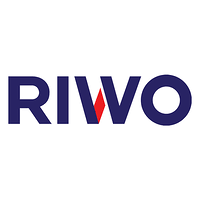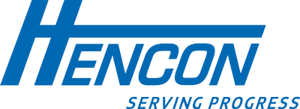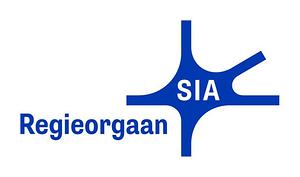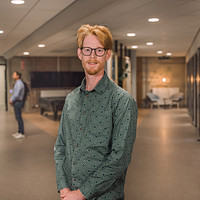Anyone who wants to develop a rocket, aircraft or large car tunnel takes years to ensure that all stakeholders are happy with the design. Legislation, electronics, environmental concerns, mechanical design are included to ensure safety, functionality and ease of use. In order to do this well, large companies have developed very clear procedures and working methods to design well while there are many conflicting and changing interests. This field of activity is called systems engineering.
Research question
Can SMEs or small innovative departments stand between companies that are large enough to specialize in modularity?
Background information
Much has changed in the field of Systems Engineering in recent years; development cycles are getting shorter, and even rocket design is no longer the way it has been for the past 40 years, see the rapid development of SpaceX's Falcon-X. The development problems of a rocket or large tunnel certainly have similarities with what SMEs and development departments of large companies do; weighing changing interests and trying to make the best design choices.
The comparison with large projects is now more valid than ever, because “Smart Industry” means that more and more customer-specific products are emerging that increasingly consist of subsystems, all of which also have their own customer-specific options. A major challenge then is to keep the design clear and manageable, not only for today's engineers and customers, but also for the service technicians who will have to work with these designs in the coming years. Science, large companies and software suppliers are coming up with new methods and tools for product development, but the question among SMEs is which methods suit their process.
Project approach & research outcome
In this project, the University of Twente provides knowledge about the theoretical side of Systems Engineering, and the 3 robotics companies (Riwo, Hencon, HollanderTechniek) will exchange experiences about their own methodologies and challenges. Saxion's mechatronics lectorate will evaluate which methods can be applied for the companies.
Duration project
Start project: 01-01-2021 - End project: 31-12-2021
Partners


Universiteit Twente
Universiteit Twente
RIWO Engineering
Website
Hencon
Website
Hollander Techniek
Website
Regieorgaan SIA
WebsiteMore information about the project?
